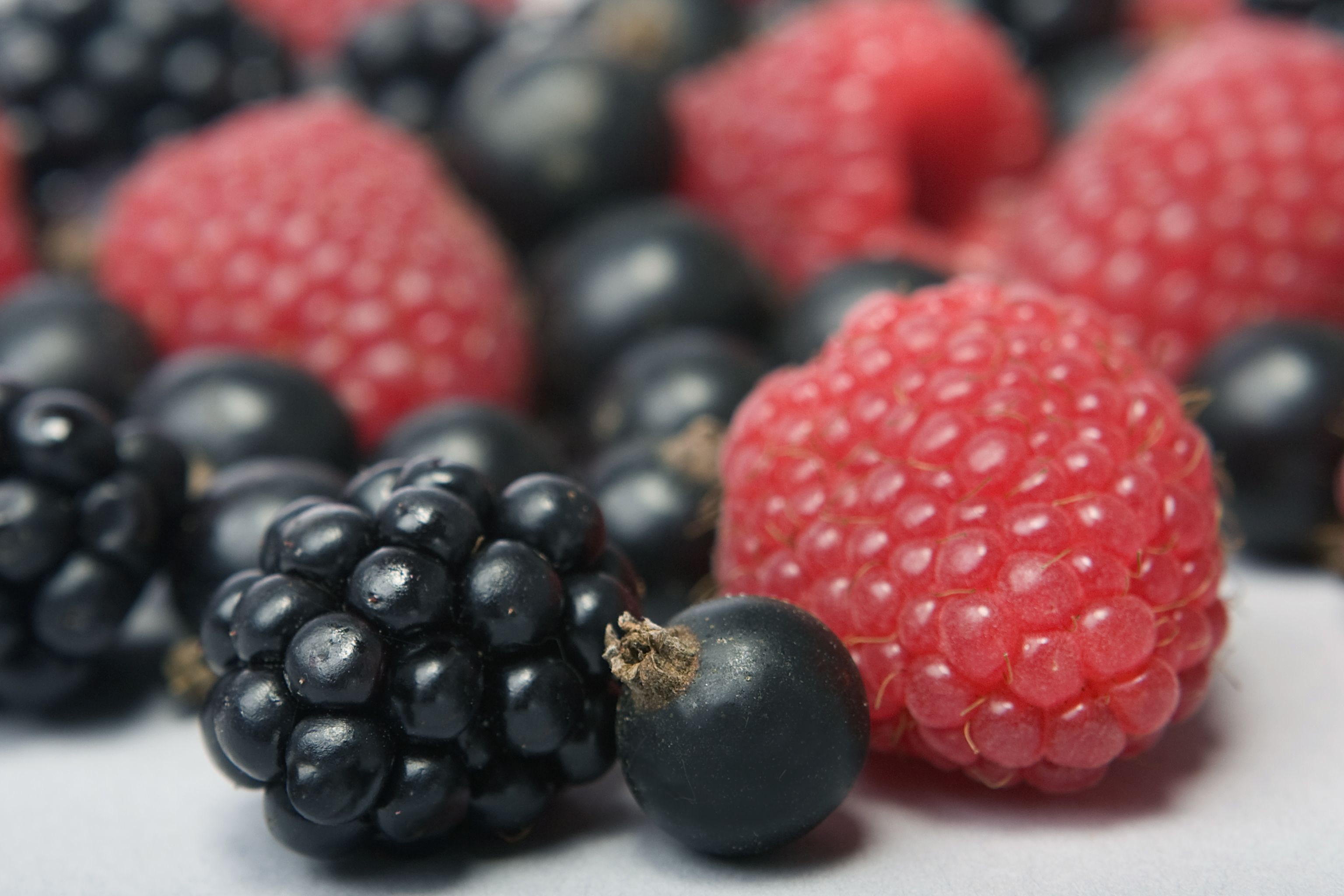Finding sustainable solutions to support growers of minor crops
One of the work packages in C-IPM focuses on identifying long-term research priorities for developing practical integrated pest management solutions for minor crops and for exceptional plant protection needs in major crops.

By Wilma Arendse
The ERA NET C-IPM deals with many aspects of integrated pest management (IPM). One of the work packages (WP3) in C-IPM is dedicated to identifying long-term IPM research priorities to adjust existing IPM solutions for use in minor crops and to develop practical IPM[1] solutions for minor crops. It also addresses situations of exceptional plant protection needs in major crops.
The work package specifically addresses those[2] situations for which no sustainable solutions are available. It builds on existing initiatives to facilitate the implementation of practical solutions, focuses on ways to reduce pest pressure, and explores to what extent IPM solutions could help overcome the current problems which jeopardize several European crops. The work package leader is Netherlands Food and Consumer Product Safety Authority (NVWA) and the deputy WP leader is the French Ministry of Agriculture, Ministère de l’agriculture, de l’agroalimentaire et de la forêt, (MAAF).
The objective of WP3 is to establish long-term IPM solutions, including the sustainable use of chemical and biological plant protection products in accordance with Directive 2009/128/EC on the Sustainable use of Pesticides, solving minor use problems, and reducing dependency on these products.
The work package complements existing activities undertaken by the EU Technical Group on Minor Uses and its Commodity Expert Groups, the EU Minor Use Data Base (EUMUDA), EPPO, the OECD working group on minor uses and other national initiatives and works towards the sustainable coordination of joint research activities to solve minor use problems. The information gathered will also be made available to these groups.
The work package provides minor use stakeholders with the possibility of expressing their needs for IPM solutions. It is essential to map these needs in order to create a demand-driven list of minor use needs experienced by farmers that might opt for an IPM solution. The current European Commodity Expert Groups on Minor Uses are familiar with such mapping, but not all commodities are currently covered by these groups. Moreover, not all EU Member States have been able to join those groups.
Information gathered will be analysed to find out whether there is already an existing IPM solution, which IPM solutions need further development or adjustment, and for which priorities a research project is necessary.
A questionnaire with a format that guarantees uniform data gathering and takes into account which data is required, was launched in the beginning of April 2014. The scientific contact persons of the ERA-NET partners, the National Minor Use coordinators and a representative of COPA-COGECA (as the main stakeholders) have been asked to fill in the questionnaire.
The steps to be taken following the receipt of answers to the questionnaire are:
- After the gathering of data, the NVWA, in collaboration with the Minor Use database (EUMUDA), will analyse the received data, resulting in a draft Table of Needs
- The draft analysis will be shared with the respondents, the relevant EU minor use groups and the ERA-NET partners.
- The Table of Needs feeds into the next task of this work package, in which IPM research priorities will be identified.
- IPM research priorities feed into the Strategic Research Agenda of the ERA-NET C-IPM.
Please note that any future research to be established as a result of the ERA-NET work packages must be funded from national research budgets (through joint transnational calls) and will not be funded through the ERA-NET C-IPM programme. C-IPM will organise transnational calls.
Read more about Integrated Pest Management (IPM) here.
For further information please contact: Senior policy adviser Wilma Arendse, Netherlands Food and Consumer Product Safety Authority, (NVWA), Netherlands, e-mail: p.w.arendse@nvwa.nl
[1] ‘Integrated pest management’ means careful consideration of all available plant protection methods and subsequent integration of appropriate measures that discourage the development of populations of harmful organisms and keep the use of plant protection products and other forms of intervention to levels that are economically and ecologically justified and reduce or minimise risks to human health and the environment’. Source: Directive 2009/128/EC on the Sustainable use of Pesticides, article 6 .
[2] Article 3 (26) of Regulation (EC) No 1107/2009 Placing PPP on the market: “Minor use means use of a plant protection product in a particular Member State on plants or plant products which are:
- Not widely grown in that Member State; or
- Widely grown, to meet an exceptional plant protection need.”